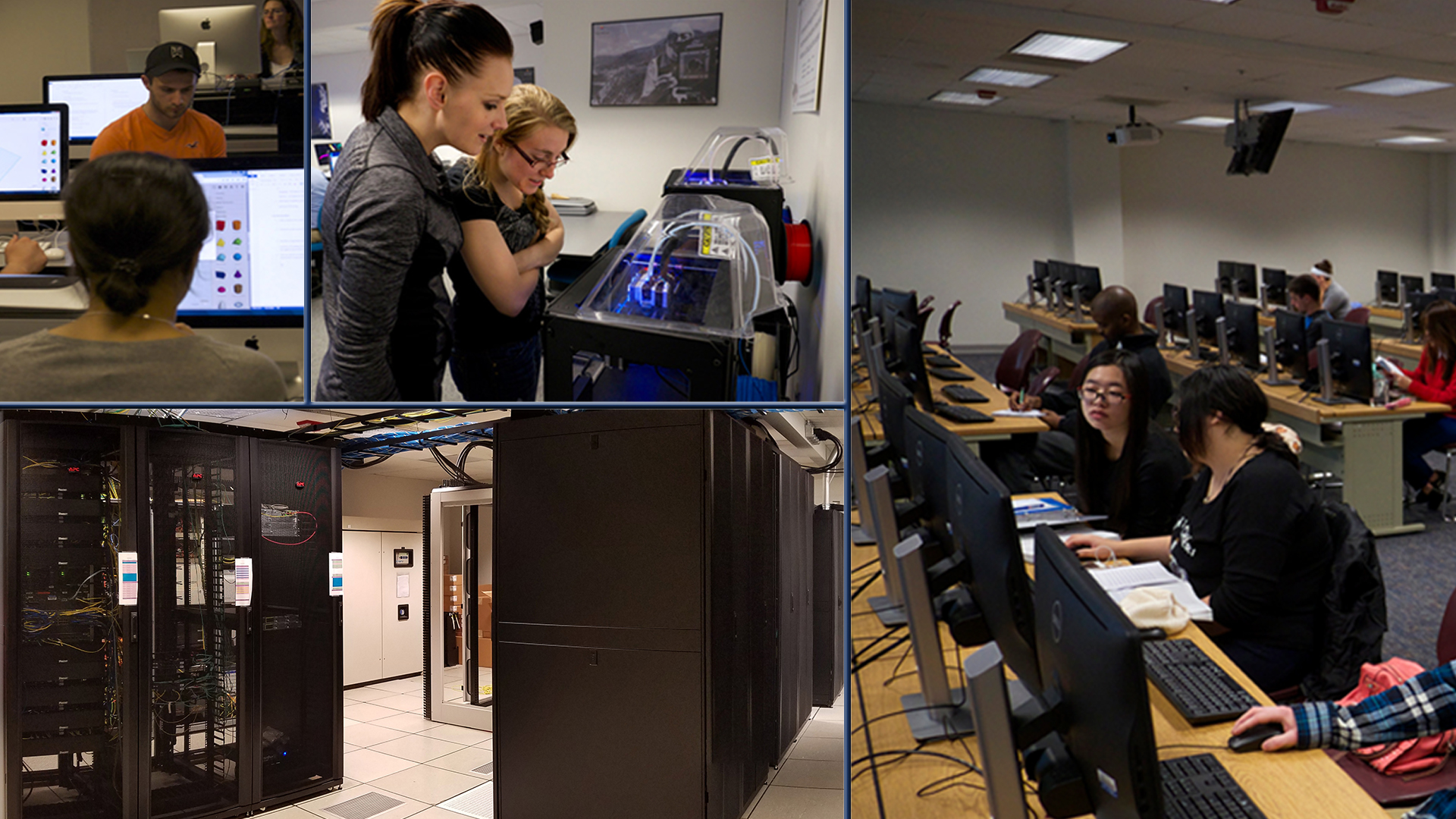There are a lot of ways to protect your data. For those who choose to store files on their local hard drive, a strong password is the first line of defense against threats. That helps prevent people from accessing your files, but there’s more you can do.
Encrypting your hard drive is a second way to guard your files and data from prying eyes. It’s fast and it’s easy! Basically, encryption scrambles your data, and only the person with the correct “key” (think password/passphrase) can put that puzzle together again.
Here are 4 reasons to encrypt your hard drive:
If you use a university-owned device, it’s a rule
The University requires anyone using a university-owned device to encrypt the hard drive (see IT Standard IT15.3).
Keep your data safe from theft
If your computer is stolen and someone guesses your password, your data is still safe if encrypted.
Prevent specific files from being accessed
Your device has issues and you need to take it in for repairs. Those files that aren’t encrypted are viewable by anyone working on the machine. Whether it’s financial information, private emails/texts, or other sensitive data, keep that data hidden by encrypting it.
It’s fast and simple
Most devices now can handle encryption without any noticeable performance impacts. If you use an Apple computer, visit support.apple.com to learn how to turn on encryption. If you’re using Windows 8.1 or later, visit support.microsoft.com to turn learn how to turn on encryption.
